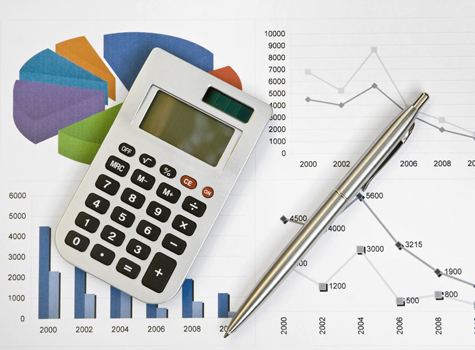How to Prioritize Your Small Business Budget
 Starting a new business can be a fun and challenging adventure. However you have to have some money to earn money. That start-up capital can be put to good use if you have the right budget. The following are some of the best ways to prioritize a small business budget.
Starting a new business can be a fun and challenging adventure. However you have to have some money to earn money. That start-up capital can be put to good use if you have the right budget. The following are some of the best ways to prioritize a small business budget.
Step One: Identify Goals
Typically a small business will have office supply expenses, computer and software expenses and perhaps location rent and insurance. What your business will need will depend entirely on what your company requires. Perhaps all you need is a computer, or maybe you require a large warehouse. Whatever your needs are, identify them first and be realistic. This step is the most important because it will serve as a guideline. Cut out what your business won't need before you buy anything.
Step Two: Get Organized
Next, make a list of what you will need and create a budget spreadsheet. It helps to make a detailed inventory of what you need to pay for, when, how much and who is paying for it. When putting numbers to items, always round up and over budget where necessary. You may save a penny here or there down the road, but there will always be more expenses as your business continues to grow.
Step Three: Make Purchases
Once you've finished your list, it's time to take action. The most important thing to remember when you're buying anything for your business is research. Gather all of the information about a product that you need to purchase, or all of the contact information about warehouses in your area. An expert from Kele recommends making sure the equipment you purchase comes with any protective casing and materials necessary to avoid frequent replacement and repair costs.
Step Four: Review Your Budget
Keep good records of all of your purchases. Nothing is worse than not knowing where all of your business budget money has gone. Check off what you have accomplished. Set goals on what your business may need to buy in the near future. You may modify your budget as needs arise.
Some businesses may have recurring expenses. It's important to keep one-time expenses separate from these because you can put recurring expenses by date that they come due. With careful research, planning, budgeting and making informed purchases, your business should come out in the green. Always remember to keep good records because they will help you know what is most important.

 Delicious
Delicious Digg
Digg StumbleUpon
StumbleUpon Propeller
Propeller Reddit
Reddit Magnoliacom
Magnoliacom Newsvine
Newsvine
Comments
Post new comment